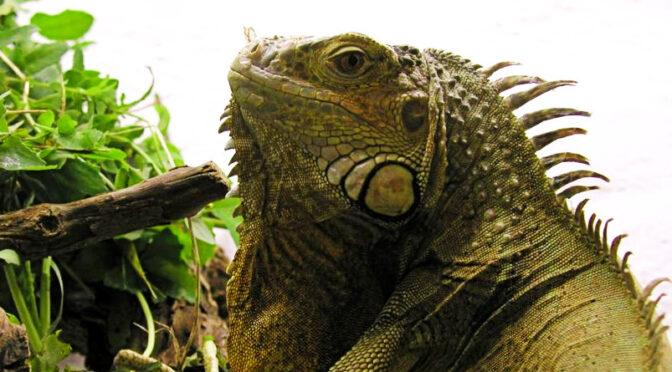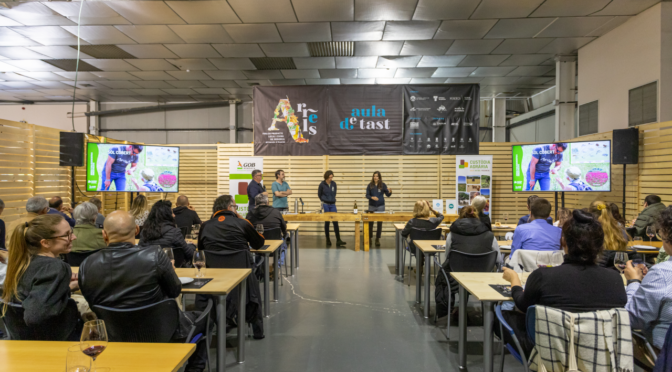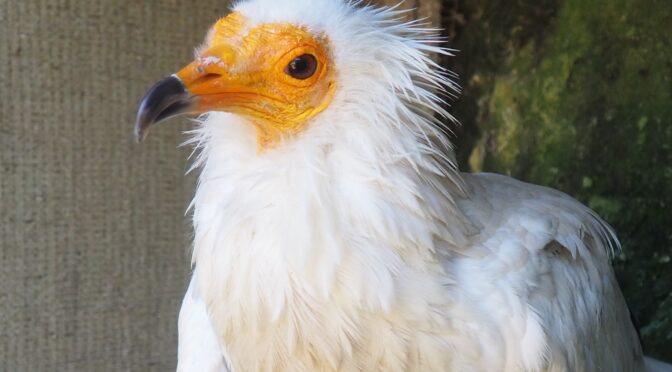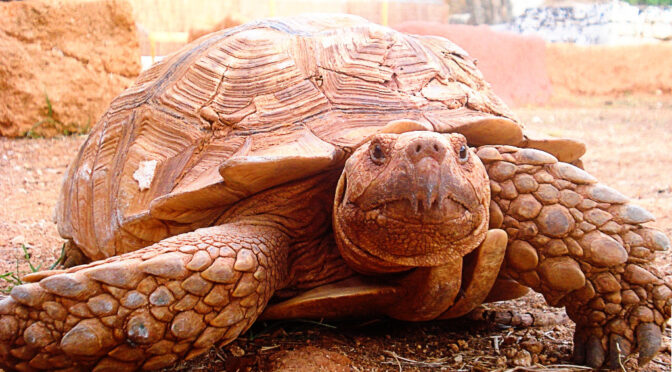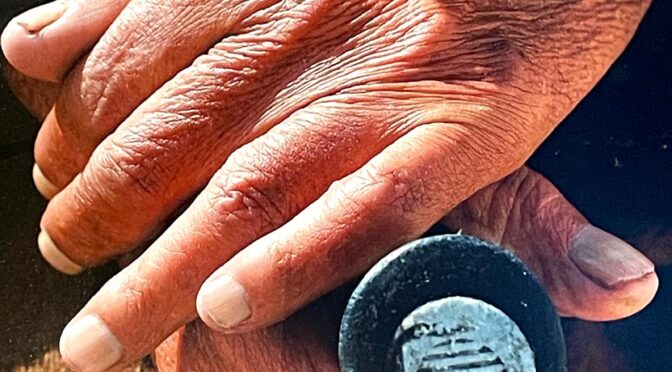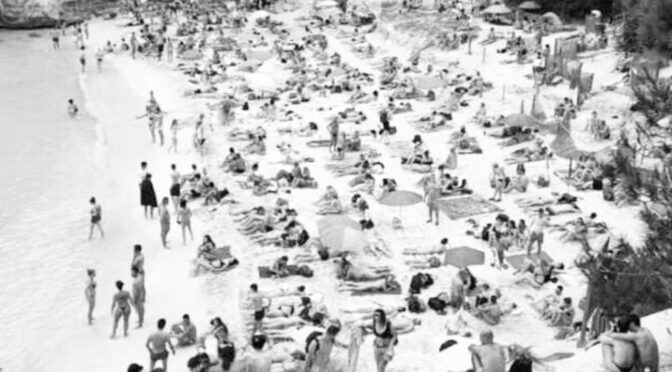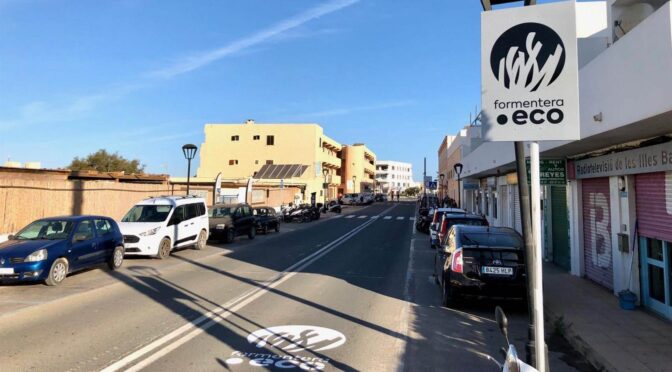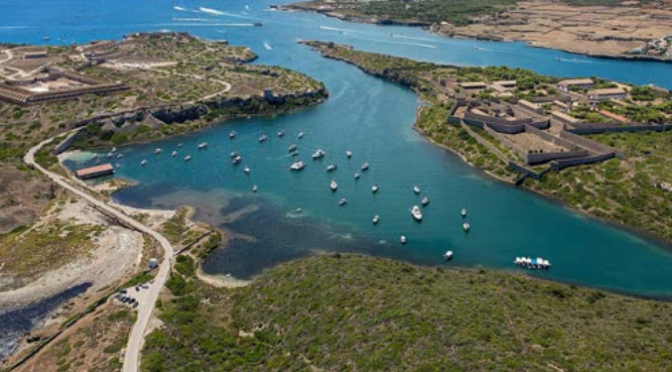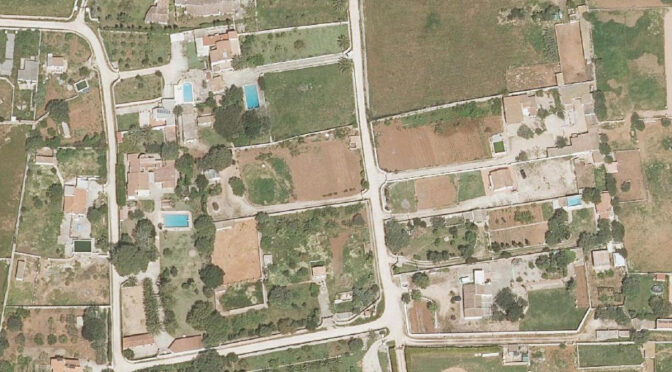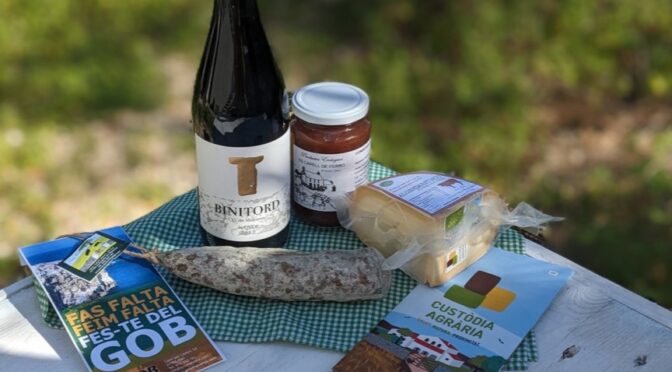Views: 1135
This Tuesday, September 24th, at 5:30 PM, the Menorca Wildlife Recovery Center will host a family workshop aimed at raising awareness about the dangers that invasive species pose to native wildlife. This activity, marking the final event in the CRFS summer program, will focus on the stories of some exotic animals currently residing at the Center’s hospital, including iguanas and American and African turtles. Through educational games, participants will learn how these animals arrived in Menorca and the risks they pose to local ecosystems.

